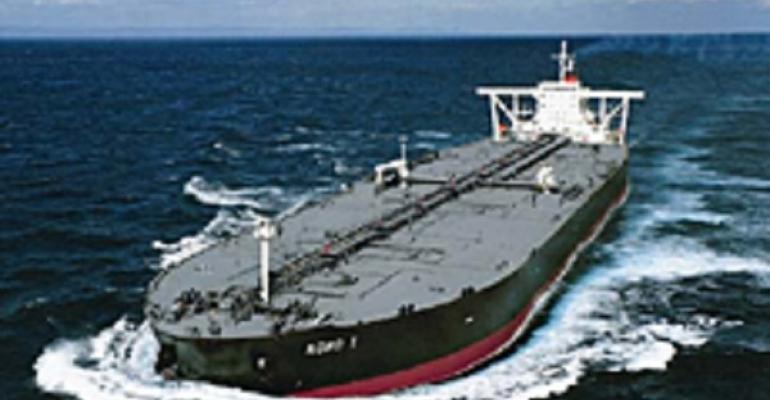Typically, older units are removed in a weak market and replaced with new vessels as rates recover. VesselsValue.com pointed out. Meanwhile the tremendous increase in ordering of newbuildings means that the tanker fleet is relatively young while the oversupply situation will lead to premature scrapping, meaning the scrapping situation is likely to snowball this year.
This has partially been caused by a situation that arose since 2015 that caused a slowdown in tanker scrapping. Research reports suggest only some six VLCCs and six suezmaxes have been scrapped since the beginning of 2016.
According to VesselsValue.com tanker scrapping slowed in 2015 due to three key factors: stronger spot market returns, low prices being offered by buyers at the recycling yards, and the demand to store oil following the oil price collapse in late 2014 and resultant contango price structure.
Each played a part as the decision to remove a ship from service varies depending on the financial situation of the owner, the vessel pricing platform pointed. “Some may be motivated as the $/ton offered price offsets enough of their remaining mortgage on a ship to allow them to move out of a low cashflow market, while others may remove a ship after it completes a long-term storage contract,” VesselsValue.com said.
Meanwhile higher spot market returns were due to higher levels of removals over the past several years combined with a low level of orders, which in turn led to a contraction in fleet sizes in many segments.
Finally, the sudden drop in oil prices led to a demand for floating storage as shoreside tanks filled due to contango in the oil markets. Older ships were taken on three to 12-month charters to store oil as they were able to offer lower day rates than prime (less than 10 years) aged ships. The employment of these ships removed them as scrap candidates and kept them on the water.
One of the key factors that will turn the tide on scrapping VesselsValue.com said is the current restrictions on emissions in China as the country grapples with air pollution issues, which has led to a rise in steel prices.
With the price being offered in India for tankers and bulkers trending upwards since mid-2016, the impact of these curbs on the global steel markets, which in turn influences the value recyclers are willing to pay per lightweight ton is set to set off a spiraling effect.
Copyright © 2024. All rights reserved. Seatrade, a trading name of Informa Markets (UK) Limited. Add Seatrade Maritime News to your Google News feed.


